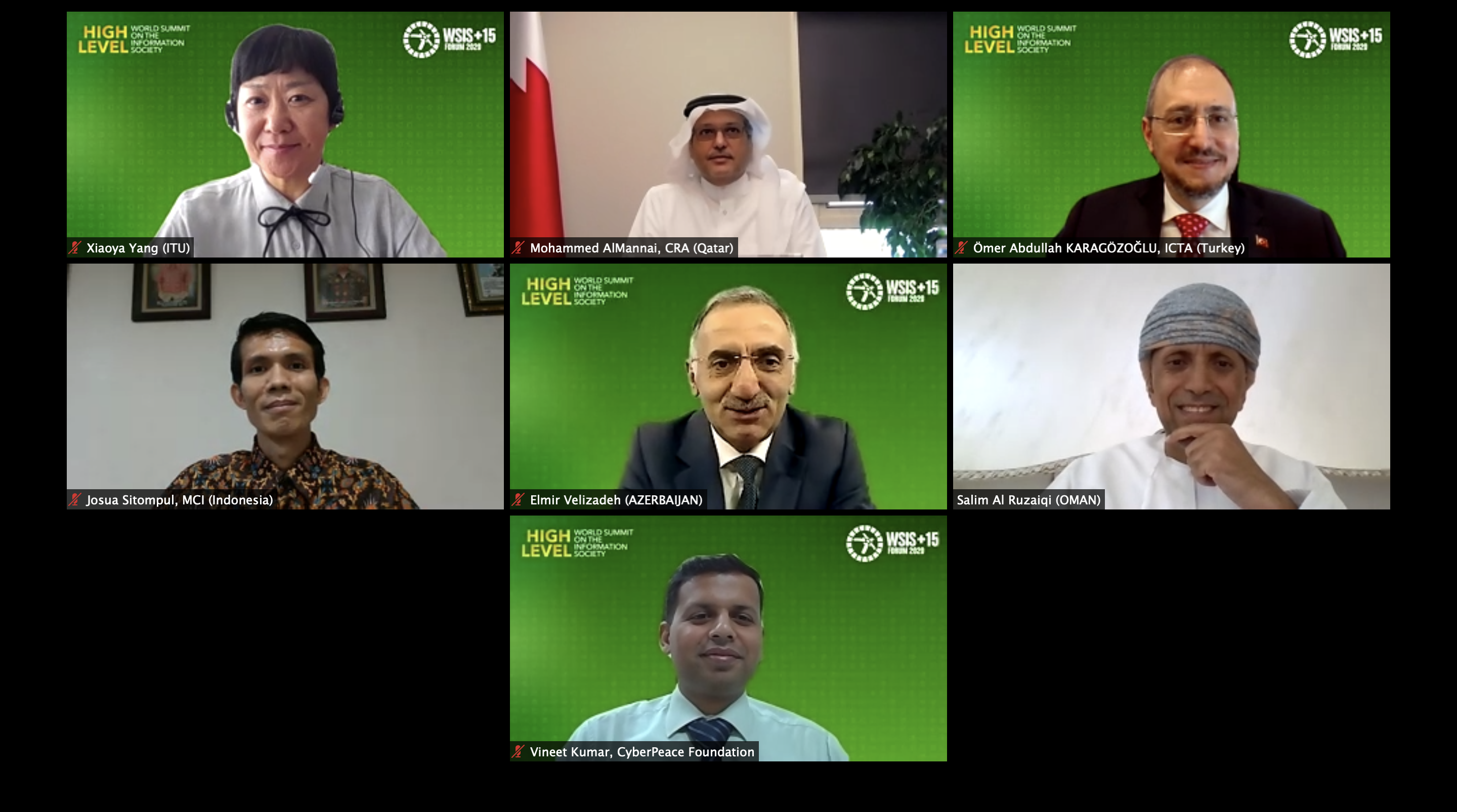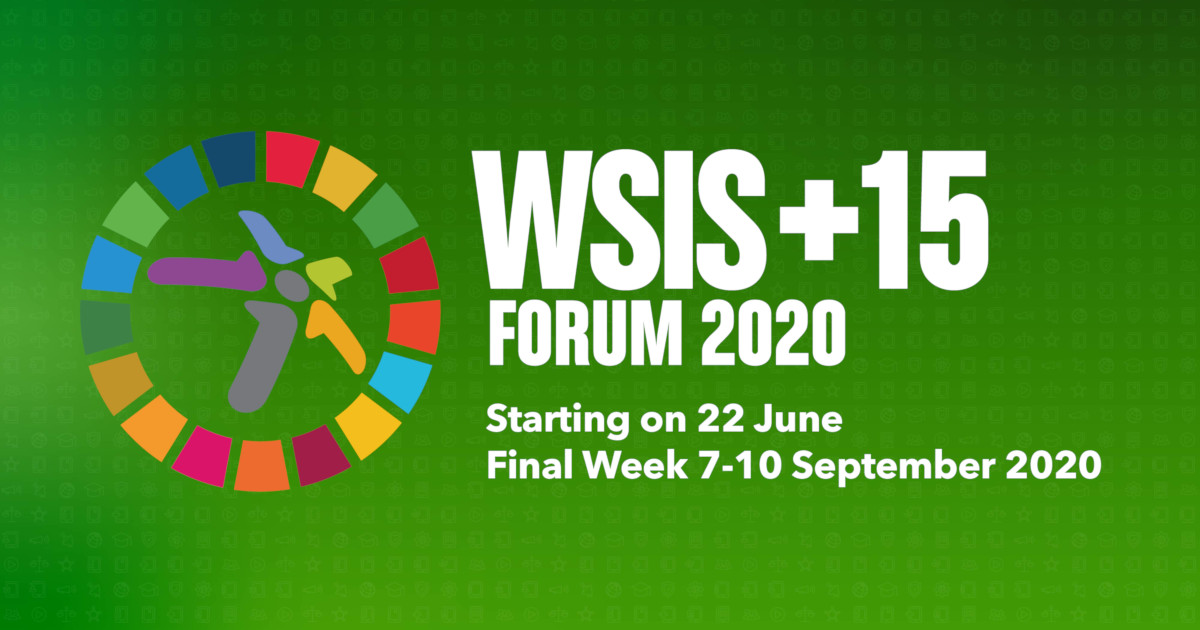High-Level Policy Session 4 : Building Confidence and Security in the use of ICTs
WSIS
Session 159
In this digital age, trust is everything. Cybersecurity is crucial to ensuring universal, trustworthy, and equitable access to connectivity.
While the use of information and communication technologies (ICTs) enables better management and increased productivity, the use of digital systems also generates risks. In fact, cyberthreats and cyberattacks give rise to ever-growing security challenges for both the public and private sectors in all countries.
Enhancing cybersecurity and protecting critical information infrastructures are essential to every nation's social and economic development. Cybersecurity-related incidents can compromise the availability, integrity and confidentiality of information transiting on networks and disrupt the operations and functioning of critical infrastructure, digital and physical. They can also compromise the security of people and whole countries. [1]
[1] //1f8a81b9b0707b63-19211.webchannel-proxy.scarabresearch.com/en/mediacentre/backgrounders/Pages/role-of-ITU-in-building-confidence-and-trust-in-the-use-of-ICTs.aspx#cyberthreats
“Strengthening the trust framework, including information security and network security, authentication, privacy and consumer protection, is a prerequisite for the development of the Information Society and for building confidence among users of ICTs. A global culture of cyber-security needs to be promoted, developed and implemented in cooperation with all stakeholders and international expert bodies. These efforts should be supported by increased international cooperation. Within this global culture of cyber-security, it is important to enhance security and to ensure the protection of data and privacy, while enhancing access and trade. In addition, it must take into account the level of social and economic development of each country and respect the development-oriented aspects of the Information Society.
While recognizing the principles of universal and non-discriminatory access to ICTs for all nations, we support the activities of the United Nations to prevent the potential use of ICTs for purposes that are inconsistent with the objectives of maintaining international stability and security, and may adversely affect the integrity of the infrastructure within States, to the detriment of their security. It is necessary to prevent the use of information resources and technologies for criminal and terrorist purposes, while respecting human rights.”
World Summit on The Information Society, Geneva Declaration of Principles, 2003, //1f8a81b9b0707b63-19211.webchannel-proxy.scarabresearch.com/net/wsis/docs/geneva/official/dop.html
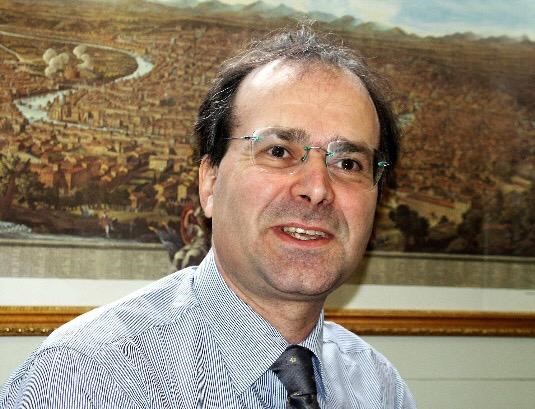
Manager of the Public Service Broadcasting and Media with over 35 years’ experience in the news, sport and international relations sectors. Trained as a journalist, with a great deal of experience in international companies and organizations (RAI, Euronews, Eurosport, and then EBU European Broadcasting Union). He has worked for all traditional media (press, radio, general interest TV) and later in the then-called new media (all-news channels, Internet portals).
In RAI he has been journalist in the newsroom of RAI 2 for 15 years. Then has been among the founders of the Euronews project (1992-1997), where he managed special events coverage and partnerships, and later was appointed director of European Affairs and of the relations with EU institutions.
Called back in Italy in 1997 to manage the launch of RAI all-news channel RAINEWS 24, then was in charge of RAI’s international relations until he left for EBU in Geneva in 2002.
He has been member of the MAG IGF (Internet Governance Forum) on behalf of media sector (2014-2016) , is member of ITU council working group on COP (child on line protection) and has represented EBU in the last three WRC.
He has published a dozen of books on news, media and internet. Married with 2 children, living in Geneva.
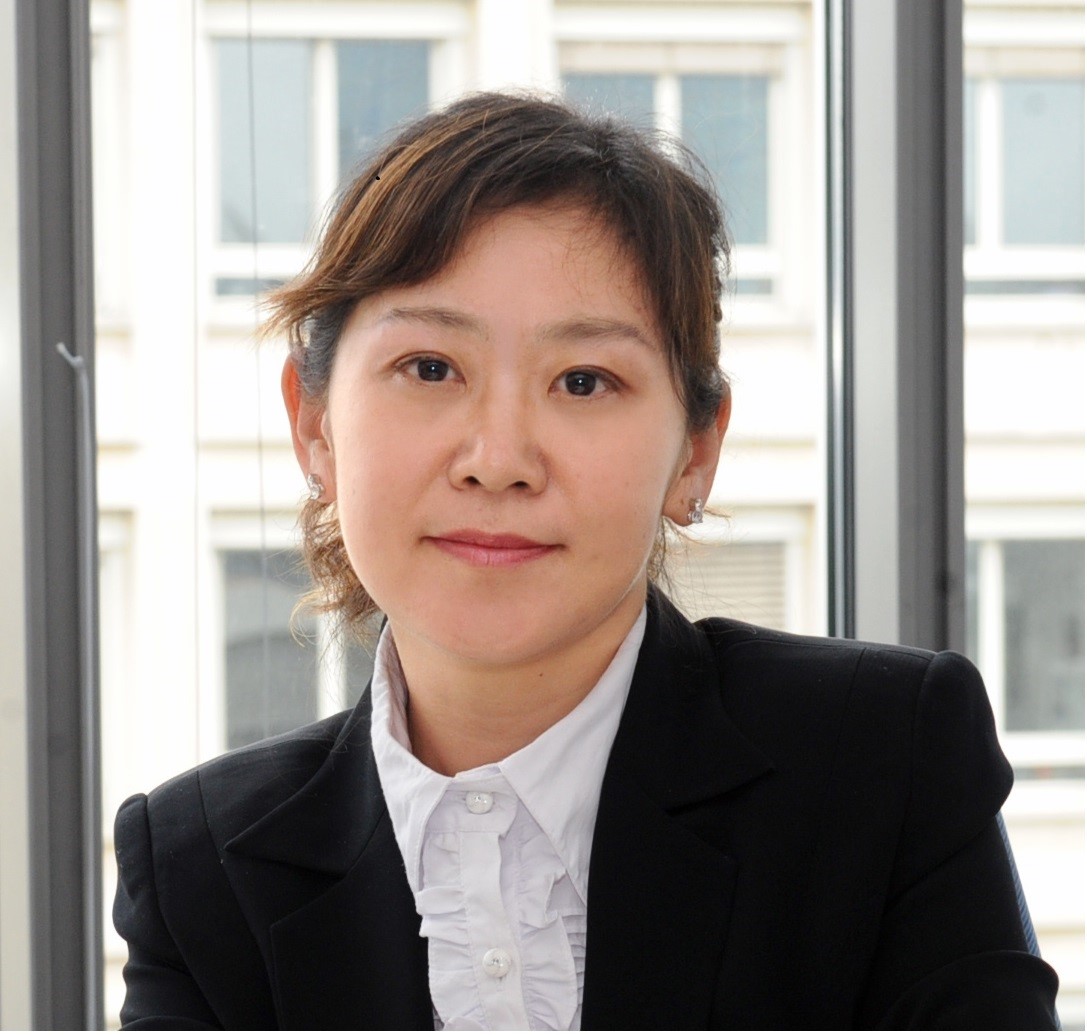
Xiaoya Yang serves as the Counselor of ITU-T Study Group 17 ‘security’ since 2017. With 20+ years of professional experience in telecommunication regulation, legislation and international standardization and coordination, she was the Head of the WTSA Programmes Division in the Telecommunication Standardization Bureau of the International Telecommunication Union (ITU-TSB) from 2010 to 2016, Co-counsellor of ITU-T Study Group 2 on 'Operational aspects of service provision and telecommunications management' and Study Group 3 on 'Tariff and accounting principles including related telecommunication economic and policy issues' from 2009 to 2010; Counselor of ITU-T Study Group 17 on 'Telecommunication security' from 2007 to 2008; and Workshop Project Coordinator from 2004 to 2006. Before joining ITU, she worked in the Ministry of Information Industry of China from 1998 to 2004. There she was the Division Director responsible for regulation of Internet and information security. From 1997 to 1998 she worked in China Telecom as a network engineer and service manager in their Internet service department. She has a M.S. in Computer Science from Tsinghua University, China and a MBA from Polytechnic University, Hong Kong.
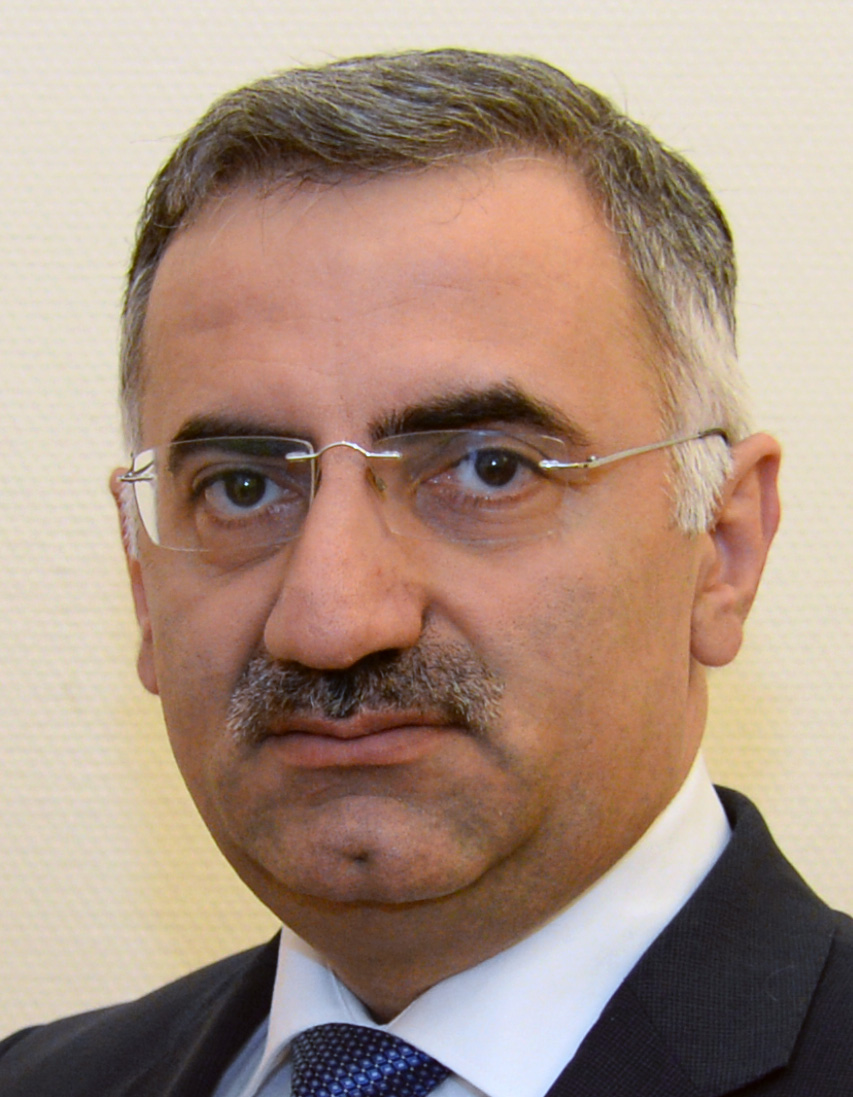
Mr. Elmir Velizadeh is appointed as Deputy Minister of Transport, Communications and High Technologies in February 02, 2018.
He started his early career as a specialist at the Office of the President of the Republic of Azerbaijan in 1991. In 1998, he was appointed as the Chief of the Center for Information Resources and Technologies of the Presidential Office. He worked as the Head of Information Resources and Technologies Department of the Office of the President of the Republic of Azerbaijan within the period from 2005 to 2007. On December 2007, he was appointed Deputy Minister of Communications and Information Technologies of the Republic of Azerbaijan. He was awarded the Taraggi Medal (Progress Medal) by the Order of the President of the Republic of Azerbaijan in 2015. Mr. Velizadeh holds a Bachelor`s degree in Automated Control Systems from the Azerbaijan Oil and Chemistry Institute (currently Azerbaijan State Oil and Industry
University). He is fluent in Russian and English languages

H.E. Mohammed Ali Al-Mannai was appointed as President of the Communications Regulatory Authority (CRA) by HH the Emir Sheikh Tamim bin Hamad Al-Thani by Emiri Decree No. 25 of 2015, to lead all technical, financial and administrative affairs of the Communications Regulatory Authority, established in 2014, to regulate the telecommunications and information technology sector, Postal sector, and access to digital media.
Al-Mannai has more than 20-years wide ranging experience and a proven record of success in developing and executing communications regulatory frameworks, telecommunications technologies, network planning, administration and rollout. Al-Mannai is responsible for developing the frameworks to enhance competition in the Qatari market and to bring innovative services to consumers.
Under Al-Mannai’s visionary and inspiring leadership CRA has achieved many key milestones. He personally directed the development of organizational capacity and corporate culture through development and implementation of effective and practical strategies, policies and processes in CRA.
Prior to his appointment with CRA, Al-Mannai served as the Chief Executive Officer of the Qatar National Broadband Network (Qnbn). Under his leadership, Qnbn made a great deal of progress toward roll-out of its high-speed, fiber optic broadband infrastructure, and signed significant agreements with the telecom operators and major real estate developers.
Prior to Qnbn, Al-Mannai served as Senior Director for the network rollout at Oordeoo (formerly Qtel), and was responsible for the design and implementation of both fixed and wireless networks. H.E. is the Deputy Chairman of the Board of Directors of Free Zones Authority and a member of the Board of Al Jazeera Media Network and since 2010, Al-Mannai has served on the board of the Al Jazeera Network and was appointed board member of Maldives operator before joining Qnbn.
Al-Mannai holds a Bachelor of Science in Physics and Electronics from the American University in Cairo, and has numerous professional management and leadership diplomas from institutions including IMD, INSEAD and the Carnegie Bosch Institute
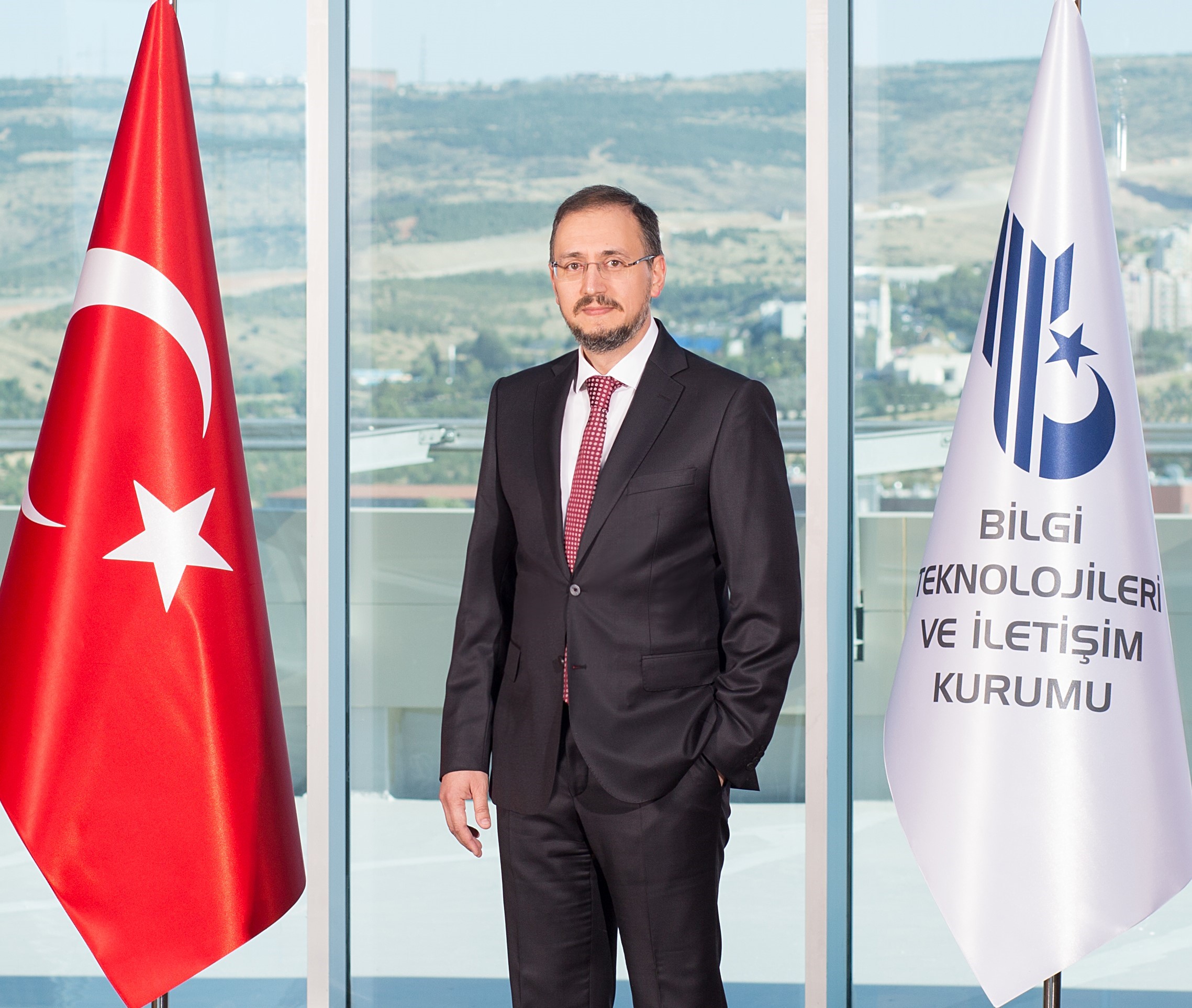
Mr. Omer Abdullah Karagözoğlu is the Chairman of Board and President of the Information and Communication Technologies Authority (ICTA) of the Republic of Turkey since August 13, 2018.
He was born in Glasgow, Scotland in 1975. He is an Electrical and Electronic Engineer graduated from Eastern Mediterranean University.
Mr. Karagözoğlu worked as a software engineer at Istanbul Water and Sewerage Administration (İSKİ) of Istanbul Metropolitan Municipality (IMM) from 2002 to 2004. Between 2002 and 2016, he held various managerial positions at BELBIM, a technology company of IMM.
He served as the Adviser to Chairman and Board Member of the ICTA from 2016 to August 13, 2018.
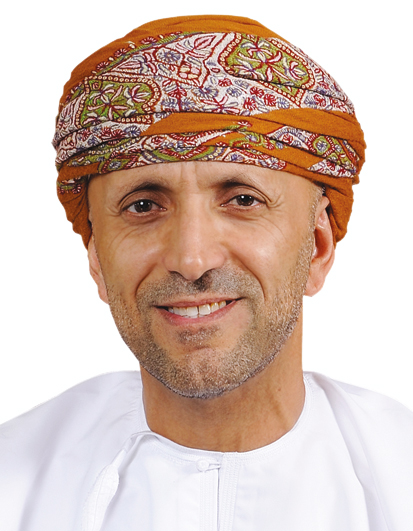
As CEO of MTC since its inception in 2006, Dr. Salim is leading the implementation of the Digital Oman Strategy (e.oman). Throughout his 31-year career experience, Dr. Salim has held a number of different technical, diplomatic and leadership roles in the Sultanate of Oman.
Prior to MTC, Dr. Salim was leading the Information Technology at the Ministry of Foreign Affairs since 1987. During his service at the ministry, he joined the Sultanate's Diplomatic Corp as the First Secretary at the Embassy of the Sultanate of Oman in Washington DC, from 1998 to 2003.
In addition to his responsibilities, Dr. Salim is the Chairman of the Omani IT Association and member of the
board of directors of : Telecommunications Regulatory Authority (TRA) ,Public Authority of Manpower Register (PAMAR),
National Center for Statistics and Information (NCSI), UNESCWA Board of Governors, International Advisory Board of ITU-IMPACT.
Dr. Salim was awarded the IT Man of the Year 2011, by the Pan Arab Web Awards Academy, having been selected for his outstanding achievements promoting the Arab digital world and for his unwavering commitment to the Digital Oman Strategy (e.oman) and to developing the IT industry in Sultanate of Oman. He also received the Pioneer of Achievement Award of the 8th Arab Telecom and Internet Forum 2006. Dr. Salim holds a Doctorate of Science degree in Information Systems and Communications from Robert Morris University of Pittsburgh, Pennsylvania; a Master of Science in Information Systems Technology from George Washington University, in Washington DC, and a Bachelor of Science in Computer Science and Mathematics from Lindenwood University in St. Charles, Missouri

Dr. Josua Sitompul has worked at the Ministry of Communication and Information Technology of Indonesia for more than a decade. He specialises in cybercrime law and personal data protection law of Indonesia. Dr. Sitompul has served as a cybercrime investigator of the ministry and has given expert statements concerning cybercrime at various police stations and district courts in Indonesia. He also has been involved in the drafting of Indonesian legislation regarding cybercrime, lawful interception, domain name, data localisation, and personal data protection
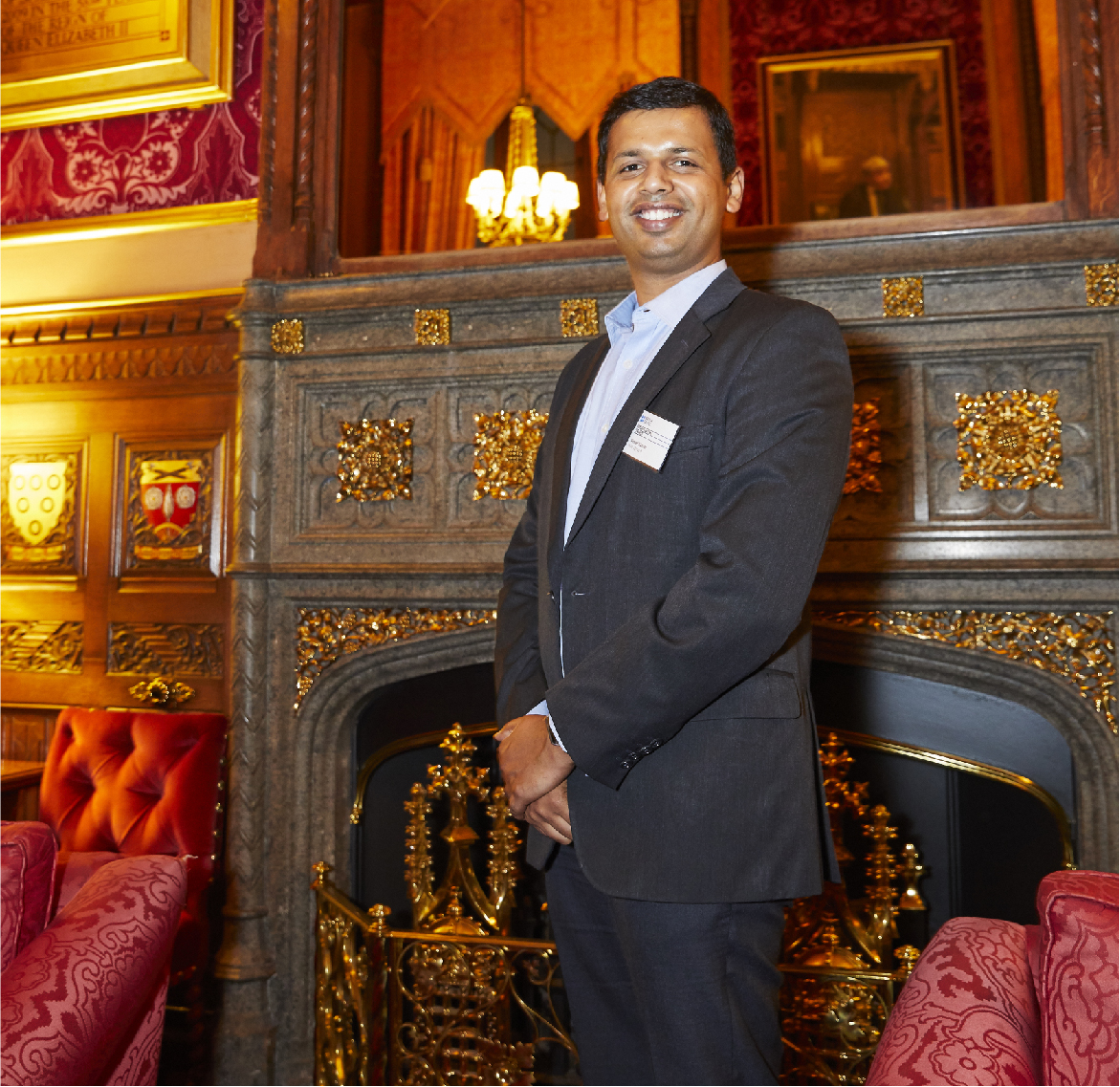
Vineet Kumar (Born on 1st May, 1989), is a lauded social entrepreneur and social activist of national and international acclaim. He has amassed 18 years of extensive work experience in the field of internet governance & cyber security, and is the Founder and President of Cyber Peace Foundation, Founder of Global Ethical Hackers Association (GEHA), CEO and Chairman of the National Anti-Hacking Group (NAG). He is an alumnus of Cranfield University, United Kingdom where he specialised in ‘Cyber Defence and Information Assurance’ and has studied ‘leadership’ at Cambridge University, UK.
Vineet Kumar was born in Ranchi, the capital city of the state of Jharkhand, to Vidya Roy, a housewife, and VK Roy, a Central government official. Despite being born in a small town in India, where IT penetration was extremely low, Vineet was highly passionate about technology and started working in the field of cyber security at a time when there were little to none job openings for cyber security experts. By 14, the media had labelled him “Youngest IT Security Guru, CEO & Social Entrepreneur”, and he went on to become one of the world’s youngest Microsoft Certified Systems administrators. With the ever increasing cyber crimes, Vineet wanted to expand the impact of his work, which led him to founding two pioneering initiatives towards establishing a sustainable peaceful cyberspace – the Global Association of Ethical hackers (GEHA) and the National Anti-Hacking Group (NAG).
Alumnus of Churchill College, University of Cambridge, UK where he pursued a leadership course as a member of Future Leaders Connect 2017
Post Graduation degree in ‘Cyber Defence and Information Assurance’ from Defence Academy of UK (Ministry of Defence) and Cranfield University on a fully funded ‘Chevening Scholarship’
Integrated course of Bachelors and Masters in IT Infrastructure (IT IMS) from Sikkim Manipal University of Technology, Gangtok.
Higher Senior Secondary Education from Army Public School, affiliated to CBSE; Science Stream Alumnus of St. Thomas, affiliated to ICSE.
With the wave of cyber security gaining huge momentum globally, Vineet founded Security Brigade in July of 2006, with a mission to expand the bandwidth of his work, not just to netizens but corporates and government organisations as well. Security Brigade was established with the objective to provide cyber security services and was one of the fastest growing Indian IT security company with offices across India, Australia, Middle East, Pisa (Italy), UK & United States which he exited officially in 2012.
Awarded with the Chevening Scholarship for a postgraduate degree in ‘Cyber Defense and Information Assurance’ in 2014.
.jpg)
Dr. Pavan Duggal, is the Founder & Chairman of International Commission on Cyber Security Law. He is also the President of Cyberlaws.Net and has been working in the pioneering area of Cyber Law, Cyber Security Law & Mobile Law. While a practicing Advocate, Supreme Court of India, Dr. Pavan Duggal has made an immense impact with an international reputation as an Expert and Authority on Cyber Law, Cyber Security Law and E-commerce law. Dr. Duggal has been acknowledged as one of the top 4 Cyber Lawyers around the world. WDD [World Domain Day] recognizes him as one of the top 10 Cyber Lawyers around the world. Pavan is also heading the Artificial Intelligence Law Hub and Blockchain Law Epicentre. His empanelment as a consultant to UNCTAD and UNESCAP on Cyber Law and Cyber Crime
respectively, membership of the AFACT Legal Working Group of the UN / CEFAT, consulting as an expert with the Council Of Europe on Cyber Crime, inclusion in the Board of Experts of European Commission’s Dr. E-commerce and his work as an expert authority on a Cyber Law primer for E-ASEAN Task Force and as a reviewer for Asian Development Bank speaks
volumes of his worldwide acceptance as an authority. Pavan is the President of Cyberlaw Asia, Asia’s pioneering organization committed to the passing of dynamic cyber laws in the Asian continent. Dr Duggal is also a member of the WIPO Arbitration and Mediation Center Panel of Neutrals.
He has been associated with the Ministry Of Communication and Information Technology, Government of India on Cyber Law and Electronic Governance legal issuesandis a member of Advisory Committee on e-governance in Karnataka constituted by the Government of Karnataka. As also a member of Information Forensic Working Group on E-Information Systems, Security and Audit Association. Dr. Duggal is a member of Multi – Stakeholder Steering Group of the Asia Pacific Region Internet Governance Forum (APRIGF).
-
 C2. Information and communication infrastructure
C2. Information and communication infrastructure
-
 C3. Access to information and knowledge
C3. Access to information and knowledge
-
 C5. Building confidence and security in use of ICTs
C5. Building confidence and security in use of ICTs
-
 C7. ICT applications: benefits in all aspects of life — E-business
C7. ICT applications: benefits in all aspects of life — E-business
-
 C7. ICT applications: benefits in all aspects of life — E-learning
C7. ICT applications: benefits in all aspects of life — E-learning
-
 C7. ICT applications: benefits in all aspects of life — E-health
C7. ICT applications: benefits in all aspects of life — E-health
-
 C7. ICT applications: benefits in all aspects of life — E-agriculture
C7. ICT applications: benefits in all aspects of life — E-agriculture
-
 C7. ICT applications: benefits in all aspects of life — E-science
C7. ICT applications: benefits in all aspects of life — E-science
-
 Goal 1: End poverty in all its forms everywhere
Goal 1: End poverty in all its forms everywhere
-
 Goal 4: Ensure inclusive and equitable quality education and promote lifelong learning opportunities for all
Goal 4: Ensure inclusive and equitable quality education and promote lifelong learning opportunities for all
-
 Goal 7: Ensure access to affordable, reliable, sustainable and modern energy for all
Goal 7: Ensure access to affordable, reliable, sustainable and modern energy for all
-
 Goal 11: Make cities inclusive, safe, resilient and sustainable
Goal 11: Make cities inclusive, safe, resilient and sustainable
-
 Goal 16: Promote just, peaceful and inclusive societies
Goal 16: Promote just, peaceful and inclusive societies
